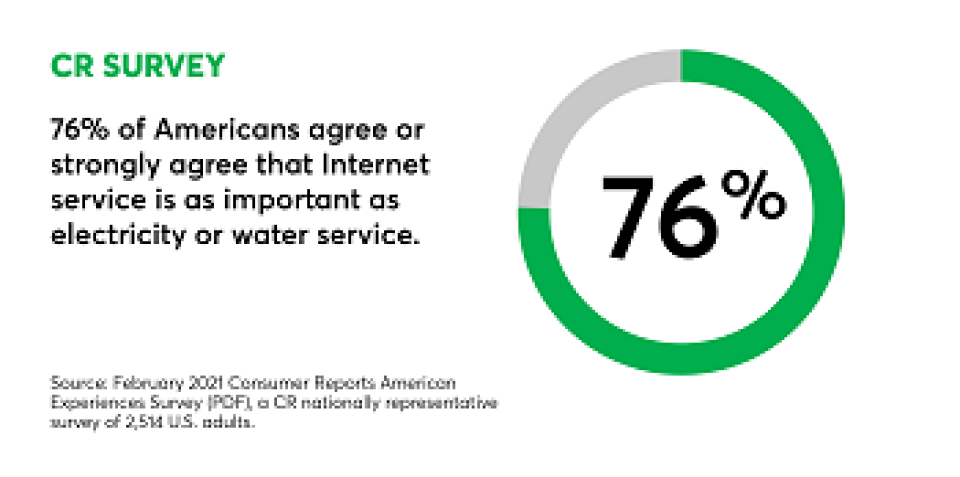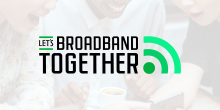Submit Your Broadband Bill and Join Us in the Fight for More Affordable, Transparent Prices
Internet access in the United States is among the most expensive in the world, both in terms of absolute prices and in cost-per-megabit. Millions of families around the country can't afford to get online, making them even more disconnected from social services, family, and friends, more economically vulnerable, increasingly bearing the burden of the homework gap, and less healthy.
All of this is a direct result of the broken broadband marketplace, dominated by just a few monopoly providers regularly raising prices to extract wealth from communities. It's also the result of an FCC which has consistently refused to mandate the submission of pricing data from Internet Service Providers (ISPs), or collect it from users themselves. Instead of investing in infrastructure upgrades or innovating, huge providers like Charter Spectrum, AT&T, Comcast, and Suddenlink have sunk time and energy into making our broadband bills harder to interpret, all while raising prices, changing plan terms, and playing around with data caps to pad their profits.

Let's change that, together.
The Institute for Local Self-Reliance is joining with Consumer Reports to collect bills from 30,000 households across diverse geographic and demographic backgrounds in an initiative called Let's Broadband Together.



